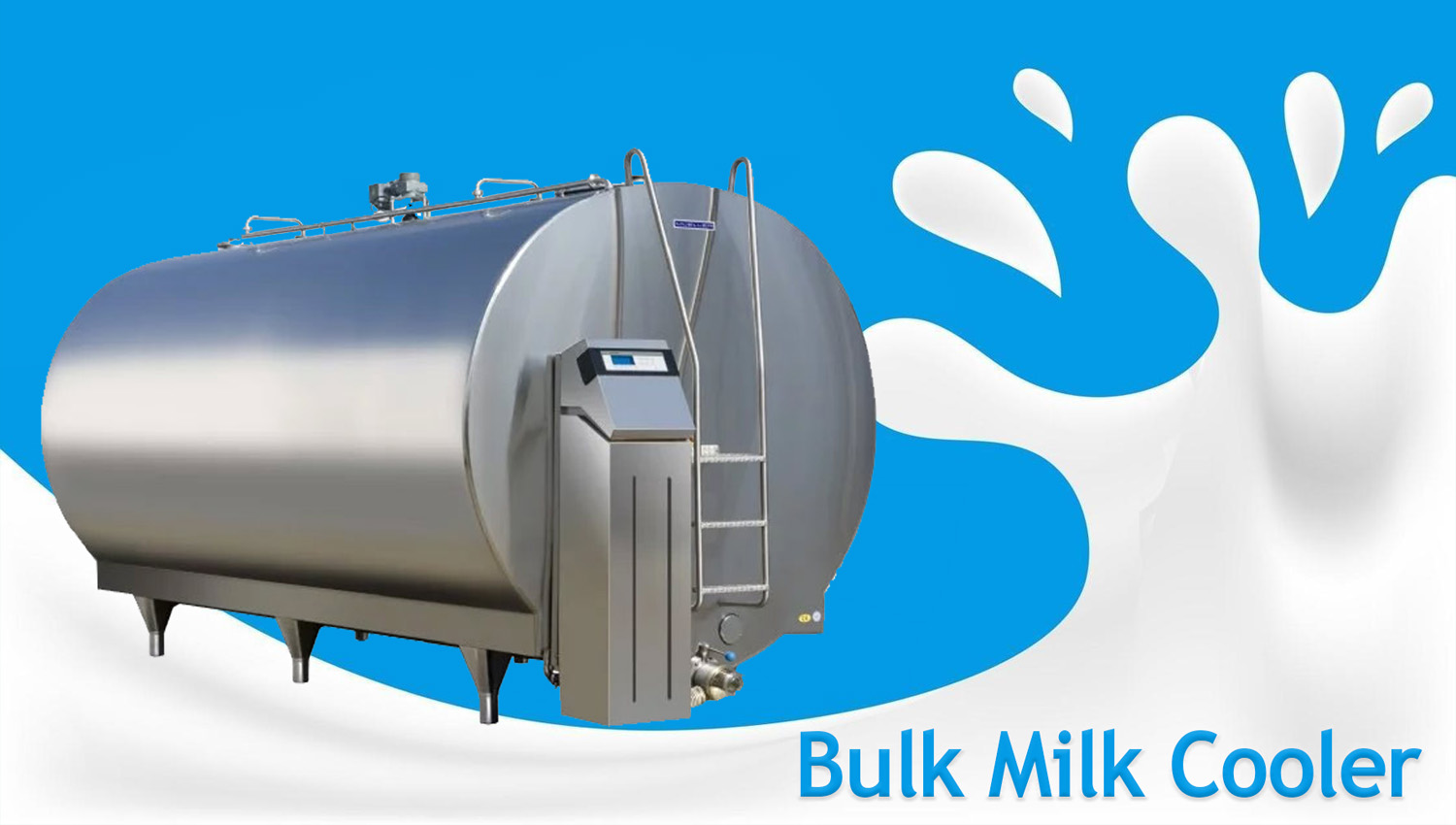Milk is a crucial component of the Kenyan diet, with the country ranking as one of the highest milk producers in Africa. Milk cooling is an essential process that helps preserve the quality and safety of milk. In this article, we will discuss the importance of milk coolers in Kenya.
Milk production in Kenya
Kenya has a thriving dairy industry, with milk production being a vital part of the country’s economy. The dairy sector provides employment for over 1.5 million people, with the majority of them being small-scale farmers. The dairy sector contributes approximately 14% of the agricultural Gross Domestic Product (GDP), making it a critical sector for economic growth.
The production of milk in Kenya is mainly done by small-scale farmers who own an average of three to five cows. Milk is produced both for home consumption and commercial purposes. The small-scale dairy farmers supply 80% of the milk in Kenya, with the remaining 20% coming from large-scale dairy farms.
Milk preservation
Milk is a perishable product that requires proper handling and preservation to maintain its quality and safety. Milk preservation involves reducing the bacterial load in the milk, which can cause spoilage and make the milk unsafe for human consumption.
One of the ways of preserving milk is through cooling. Cooling reduces the temperature of milk, slowing down bacterial growth, and preserving the quality of the milk. Cooling milk also reduces the risk of contamination by keeping it at a safe temperature until it is collected for processing or consumption.
Importance of milk coolers in Kenya
Milk coolers play a critical role in the preservation of milk in Kenya. They help small-scale dairy farmers to preserve their milk and maintain its quality, ensuring that they get better prices for their milk. Here are some of the key benefits of milk coolers in Kenya:
-
Preserving the quality of milk
Milk coolers help to preserve the quality of milk by keeping it at a low temperature, which slows down bacterial growth. This helps to maintain the freshness of the milk, ensuring that it has a longer shelf life. As a result, farmers can sell their milk at a higher price, and consumers can enjoy fresh milk that is safe for consumption.
-
Reducing wastage
Milk that is not properly preserved can spoil quickly, leading to wastage. Milk coolers help to reduce wastage by preserving the quality of milk, ensuring that it can be stored for longer periods without going bad. This helps to reduce the amount of milk that is wasted, which can be a significant loss for small-scale farmers who rely on milk production for their livelihood.
-
Increasing income for small-scale farmers
Small-scale farmers in Kenya can benefit significantly from milk coolers. By preserving the quality of their milk, farmers can sell their milk at higher prices, resulting in increased income. This can help to improve the standard of living for small-scale farmers and their families, enabling them to invest in their farms and improve their production.
-
Meeting quality standards
Milk coolers help small-scale dairy farmers to meet the quality standards set by the Kenya Bureau of Standards (KEBS). The KEBS has set strict quality standards for milk, which include bacterial limits, temperature, and acidity levels. Milk that does not meet these standards is not fit for consumption and cannot be sold. By using milk coolers, small-scale farmers can ensure that their milk meets these quality standards, making it safe for consumption and suitable for sale.
-
Improving food security
Milk is an essential component of the Kenyan diet, providing valuable nutrients to the population. Milk coolers help to preserve the quality and safety of milk, ensuring that it is available for consumption all year round. This helps to improve food security, especially in rural areas where access to milk may be limited

